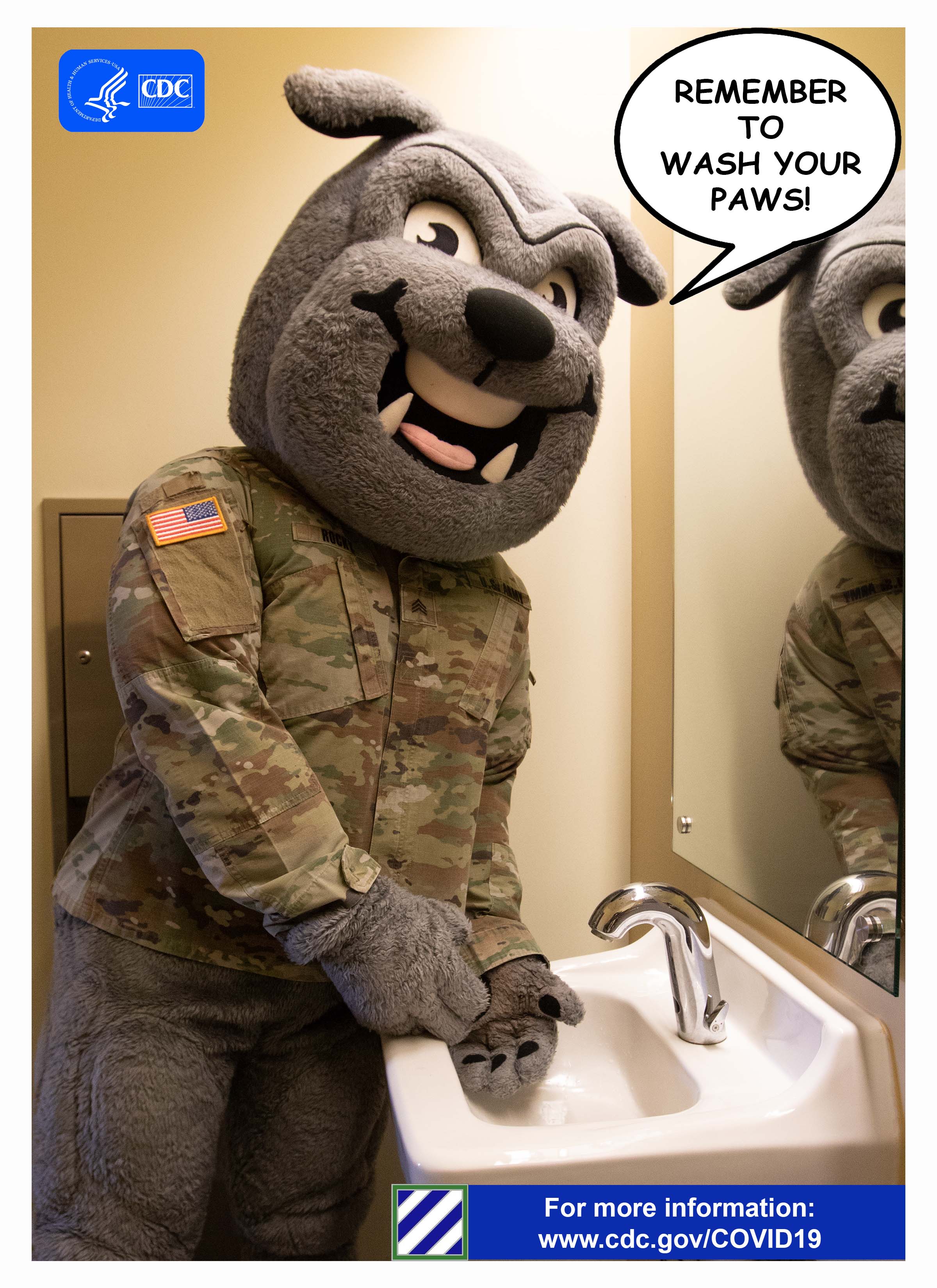COVID-19
COVID-19 Updates
Screening

(APR 21) LSA Castle is closed. Vaccine Services for Active-Duty Soldiers are at their Unit's respective Troop Medical Clinic. Vaccines for Tricare Beneficiaries and Families are at the Winn ACH, and Tuttle AHC immunization clinics, by appointment only. Call (912) 435- 6633 to make an appointment for COVID vaccine, or to schedule a test. MEDDAC provides free At-Home test kits to all TRICARE beneficiaries, 9 a.m. to 1 p.m. Mon., Weds., and Fri, at the Winn ACH Main Lobby. Tuttle AHC offers the At-Home Kits 8-9 a.m. at their Drive-Thru Fever Clinic.
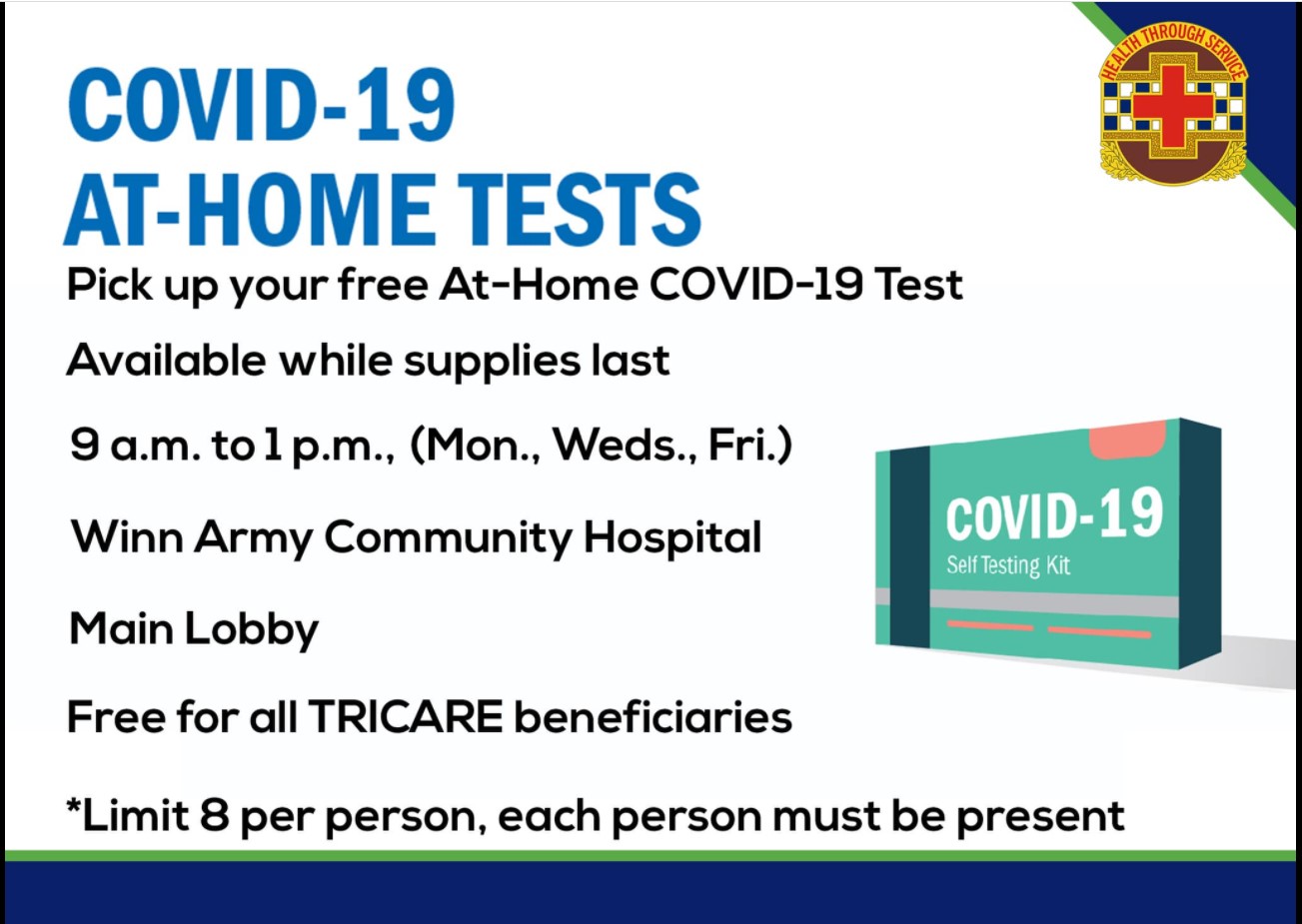
Vaccine

(APR 21) LSA Castle is closed. Vaccine Services for Active-Duty Soldiers are at their Unit's respective Troop Medical Clinic. Vaccines for Tricare Beneficiaries and Families are at the Winn ACH, and Tuttle AHC immunization clinics, by appointment only. Call (912) 435- 6633 to make an appointment for COVID vaccine, or to schedule a test. MEDDAC provides free At-Home test kits to all TRICARE beneficiaries, 9 a.m. to 1 p.m. Mon., Weds., and Fri, at the Winn ACH Main Lobby. Tuttle AHC offers the At-Home Kits 8-9 a.m. at their Drive-Thru Fever Clinic.

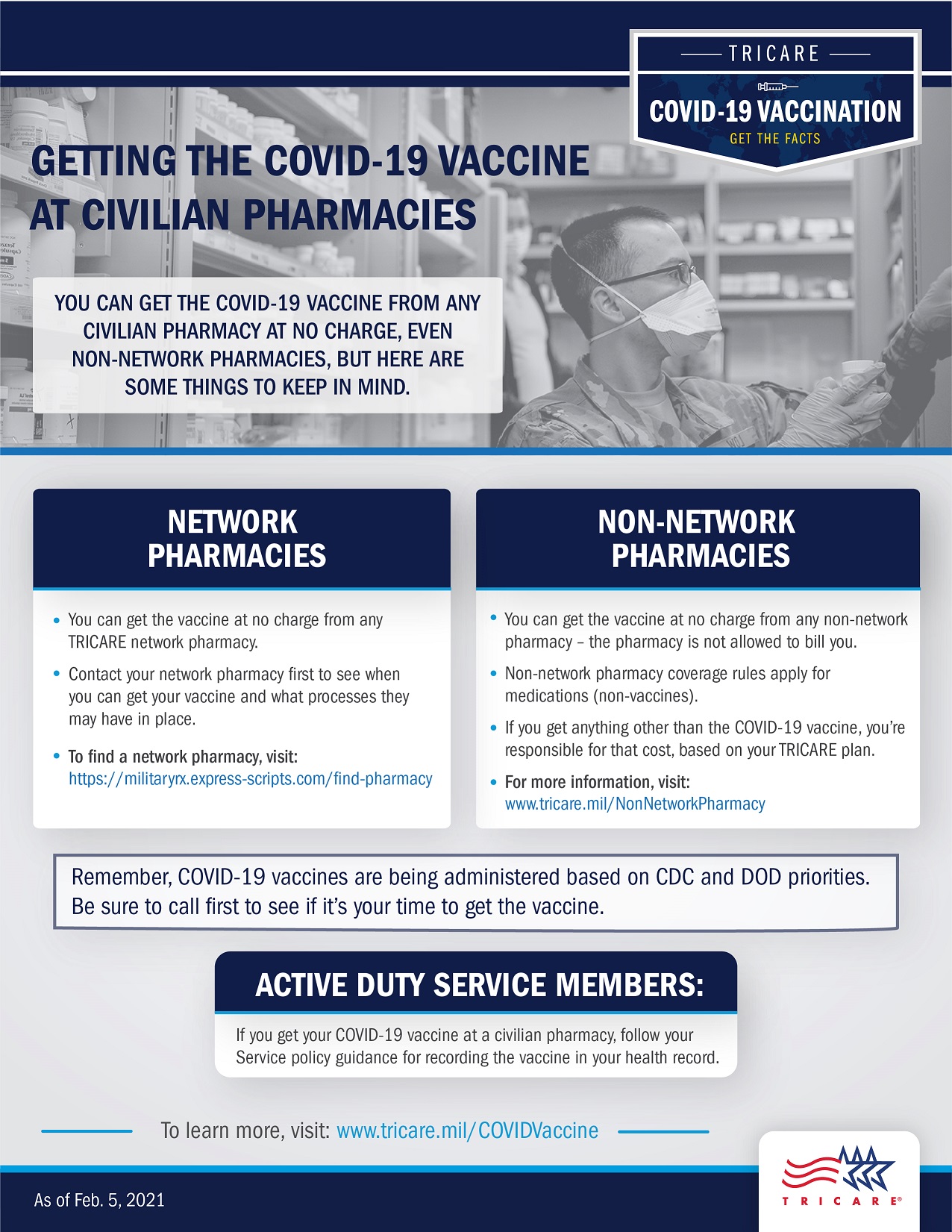


GO #1
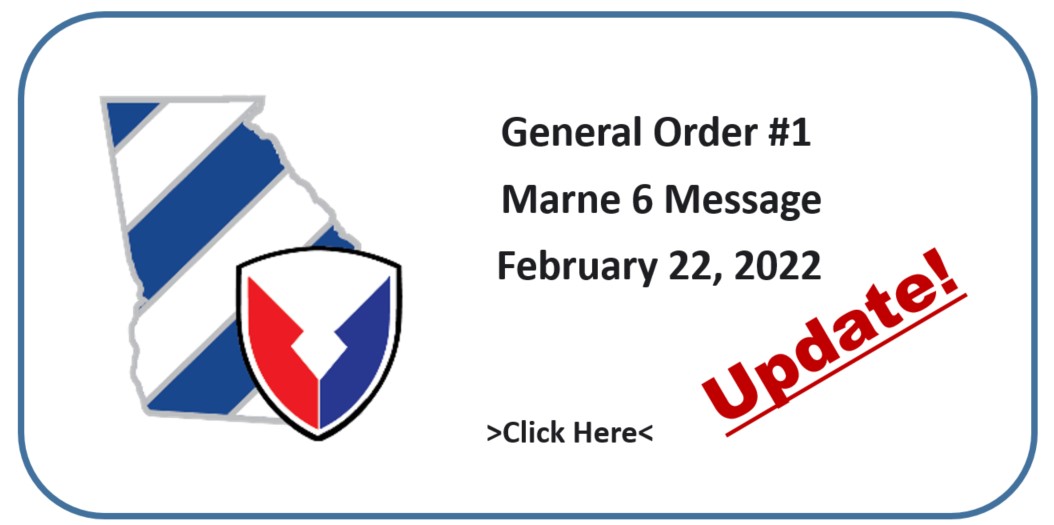
Face Masks
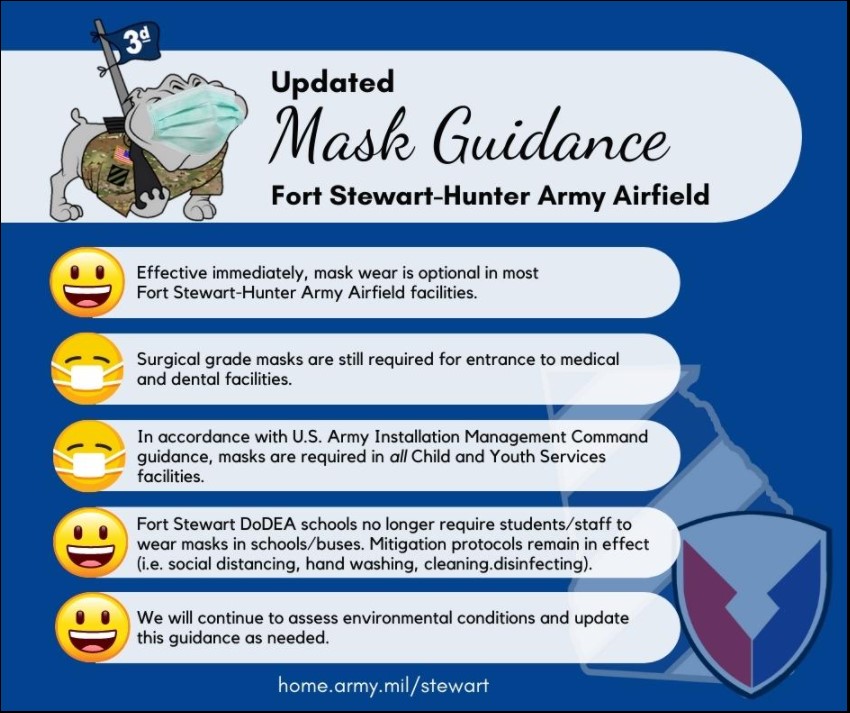
CYS Mask Guidance: 1 Apr 2022
Effective immediately (2 MAR) indoor mask-wearing is NOT required for DoD personnel or visitors, regardless of vaccination status. Individuals may choose to wear a mask at their discretion.
The following locations and circumstances DO still require mask wear:
-DoD personnel with any symptoms, a positive test, or exposure to someone with COVID-19.
-Winn Army Community Hospital –Mask requirements remain in place on all installation medical treatment facilities for the protection of patients and staff. This includes all Medical and Dental Treatment facilities and Pharmacies at Stewart, Hunter Army Airfield, and Richmond Hill Medical Home. Winn Army Community Hospital leaders will continue to review DOD and CDC guidance related to healthcare facilities, Winn Army Community Hospital will provide updates and changes when available.
-Individuals must follow more rigorous workplace mask mandates when commanders and supervisors determine that it is required to protect health and safety in the workplace, such as mask wearing by health care workers.-
All other force health protection guidance remains in effect, including guidance regarding workplace access, occupancy levels, physical distancing, travel, and meetings.
All Soldiers and their leaders should continue to consult and comply with the latest Agency, Service, State, and Local guidance on COVID-19 restrictions, to include but not limited those governing personal protective equipment (e.g. masks), treatments, meetings, travel, and indoor/outdoor rules for mask/face coverings off-post.
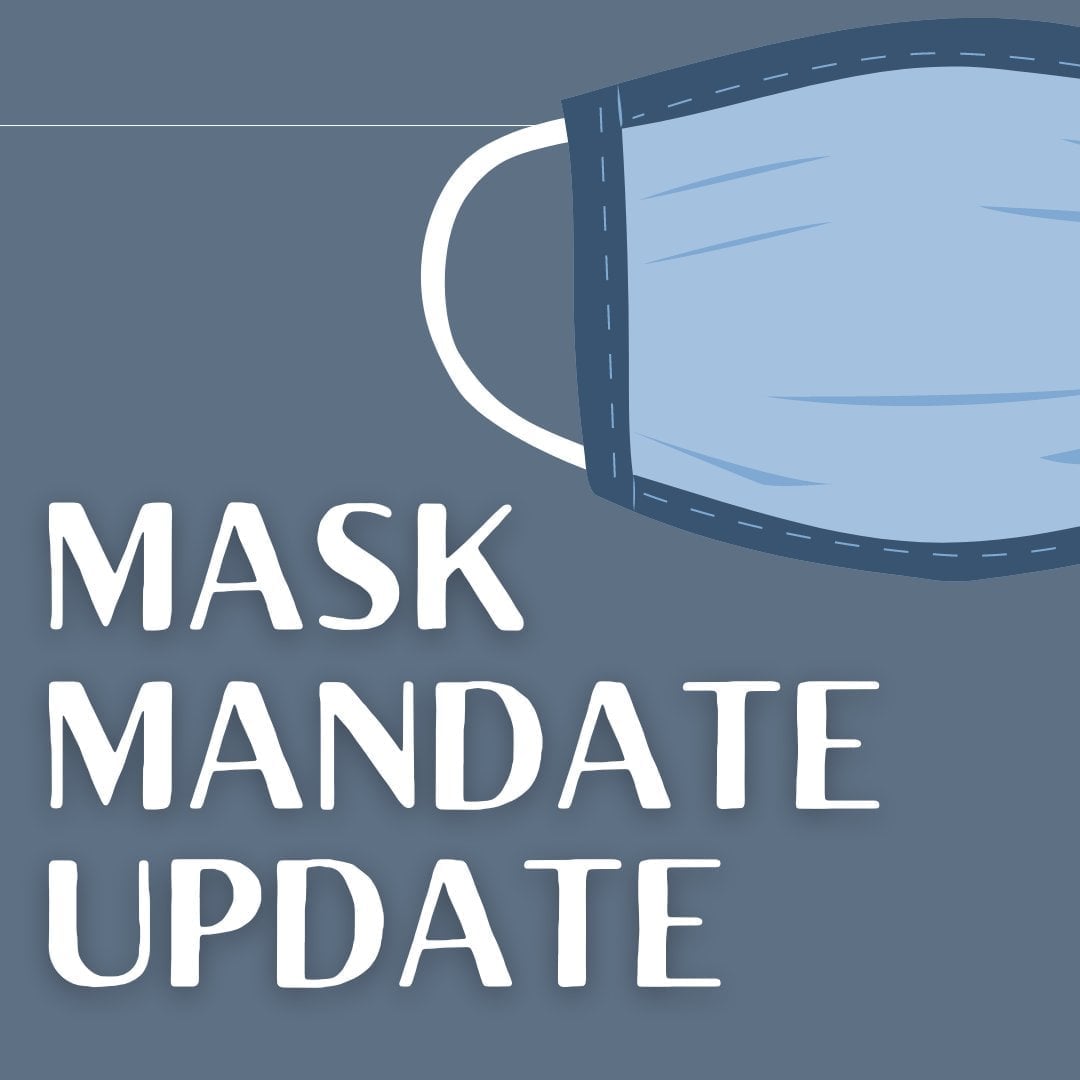
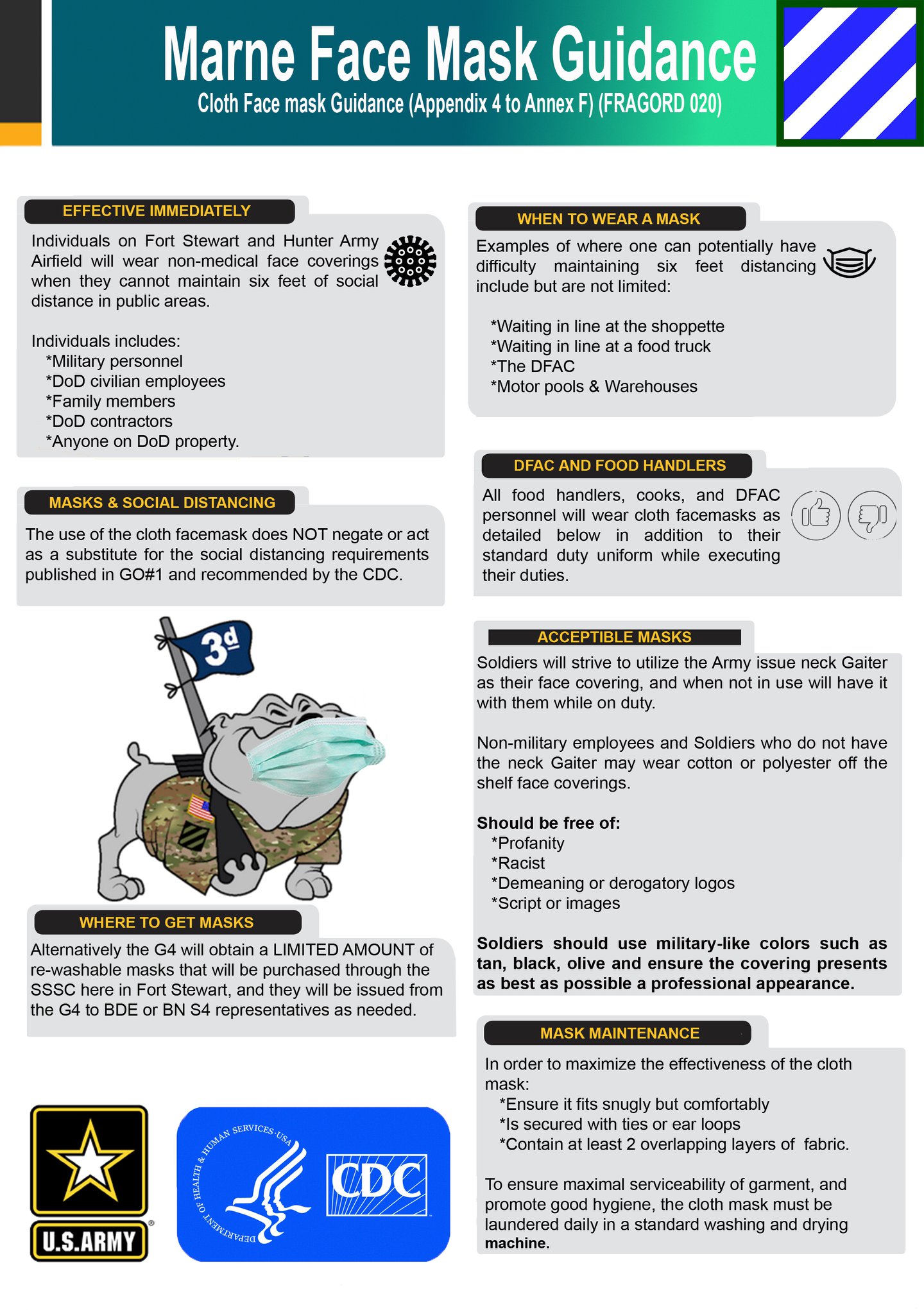
COVID-19

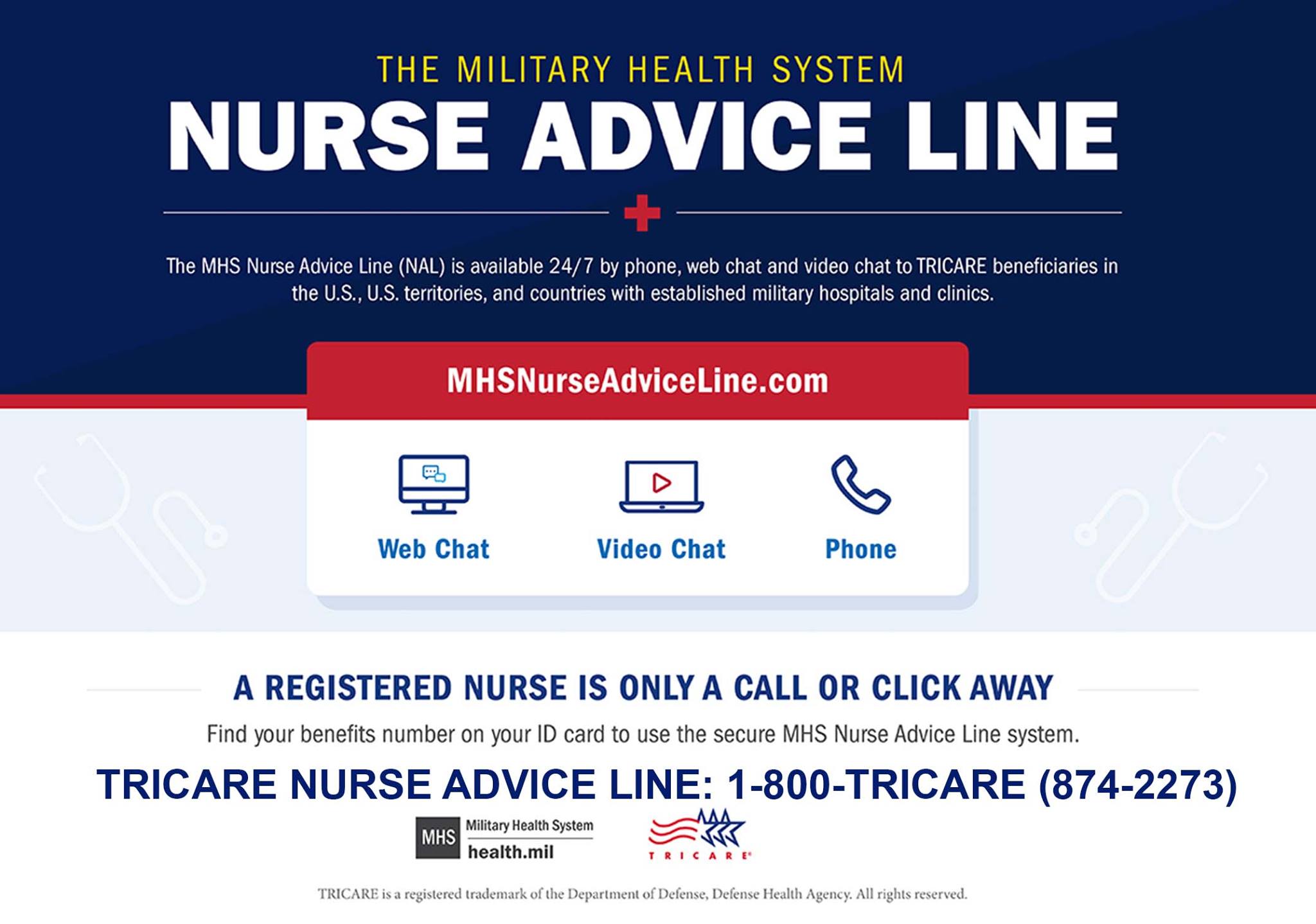
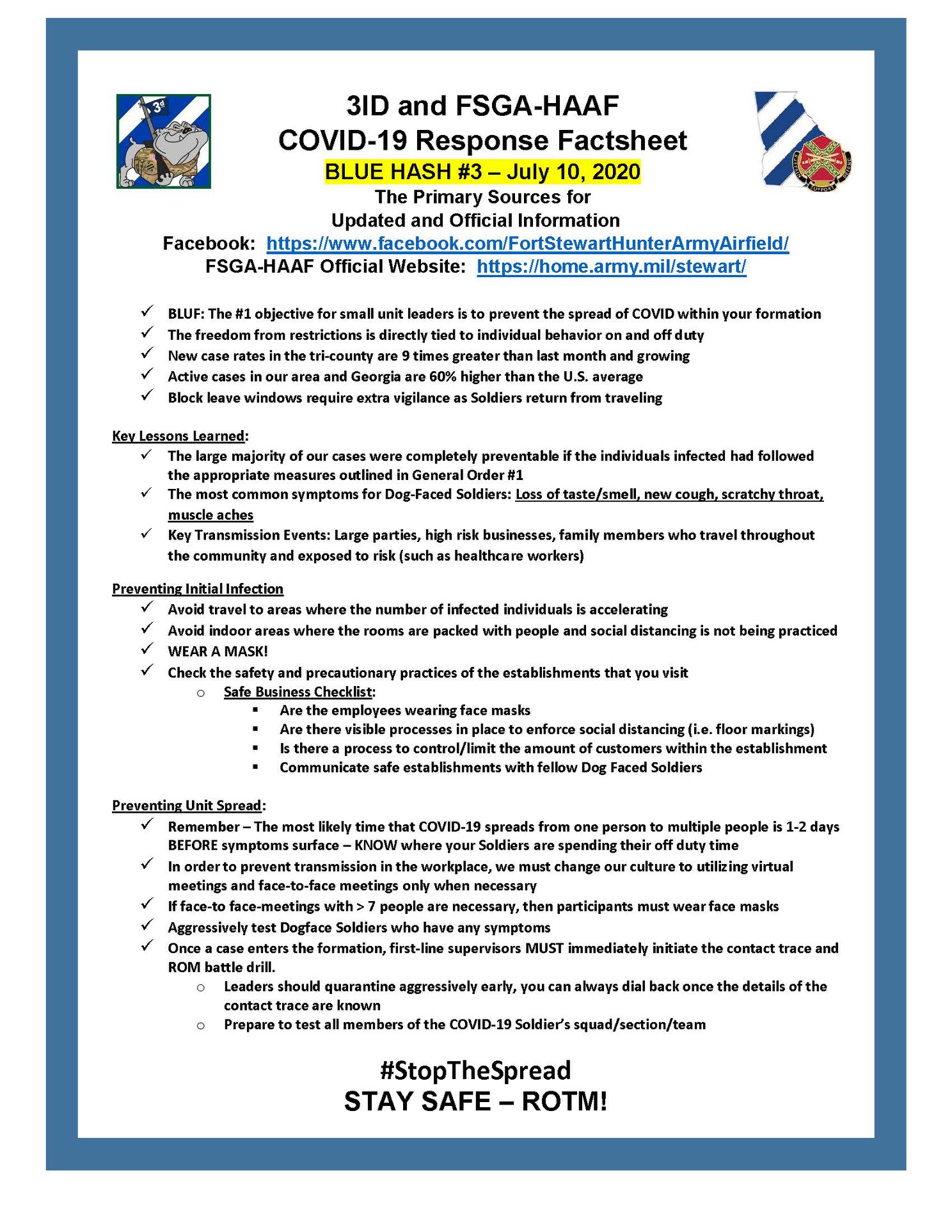
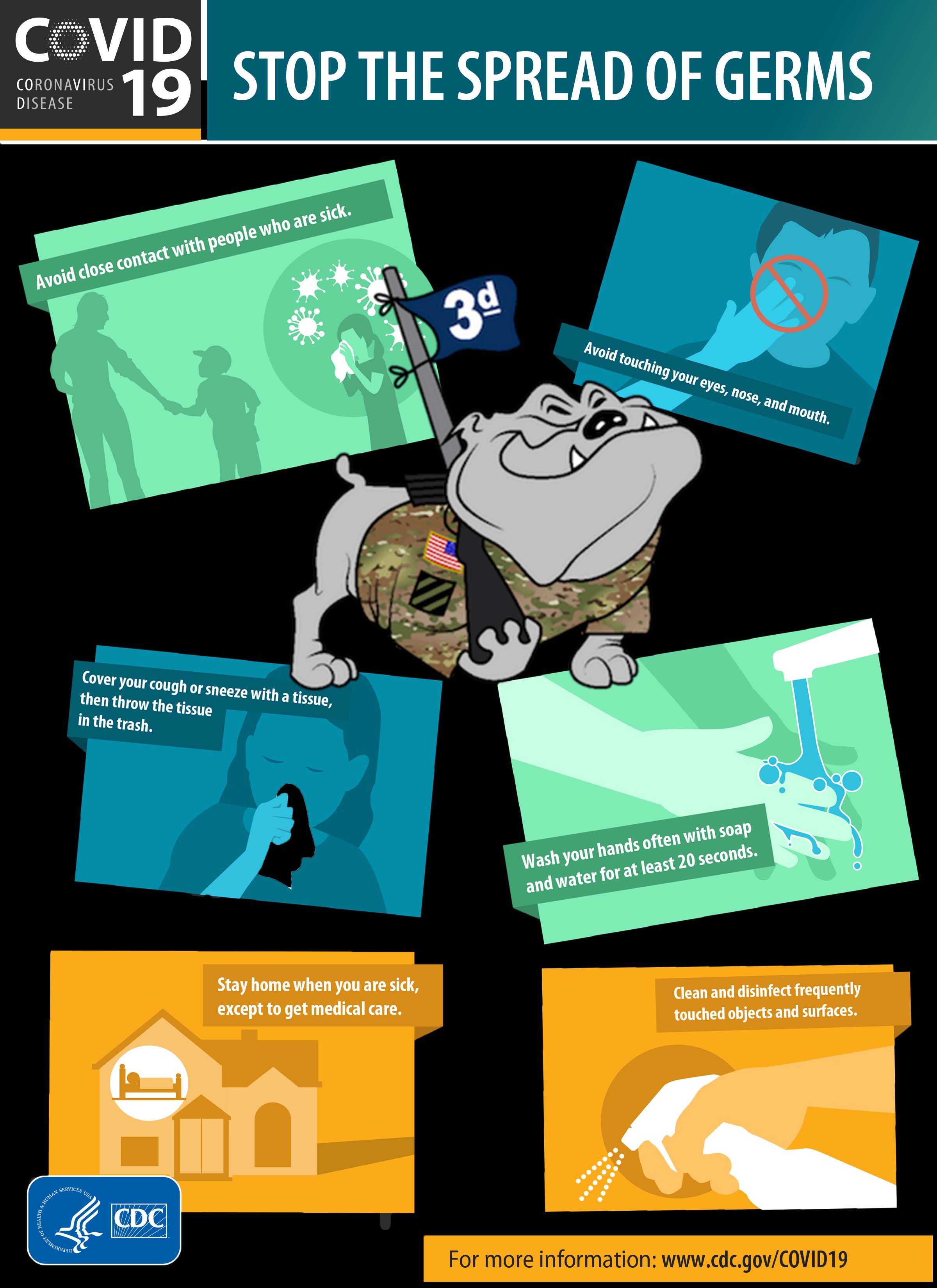
COVID-19 Info

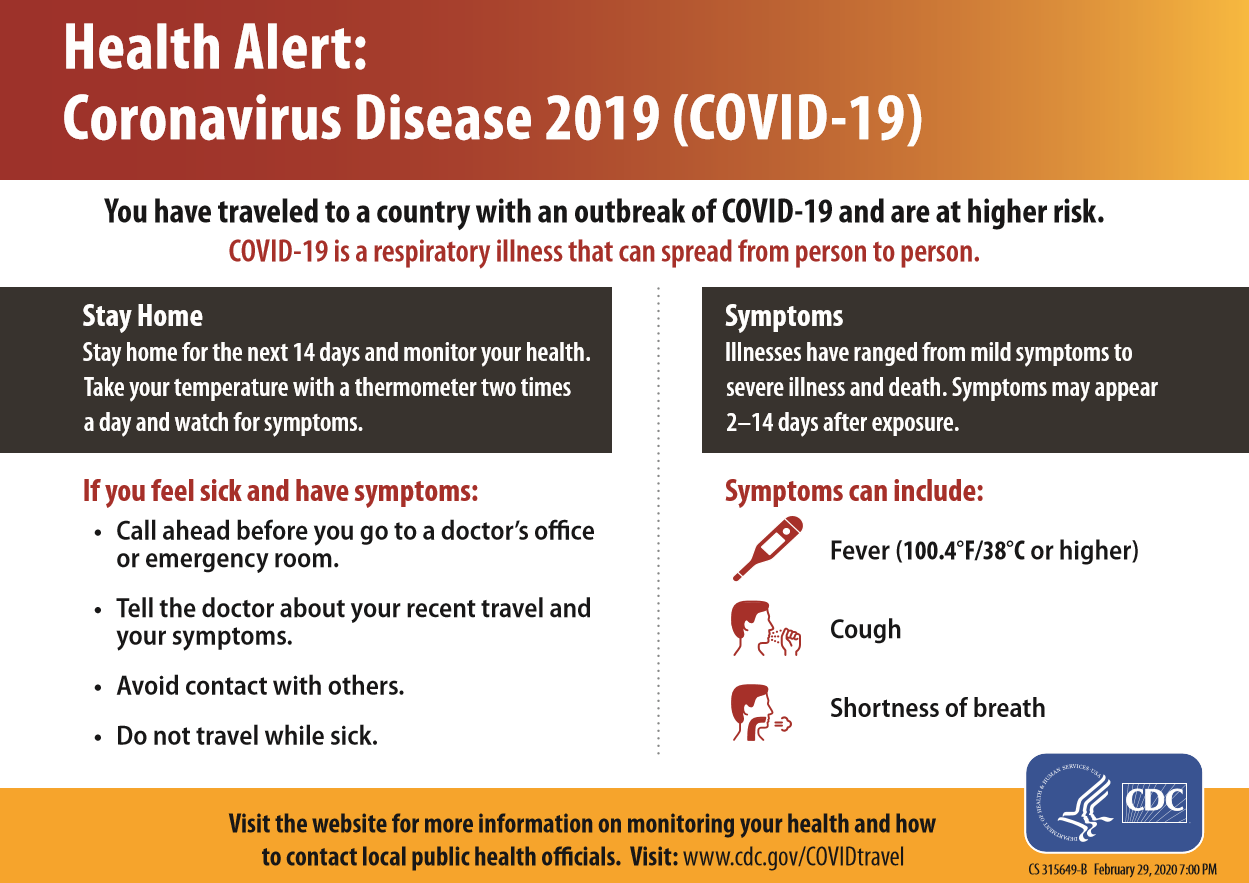
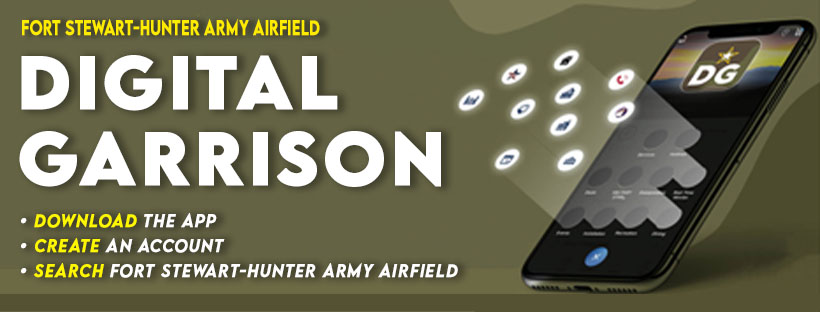


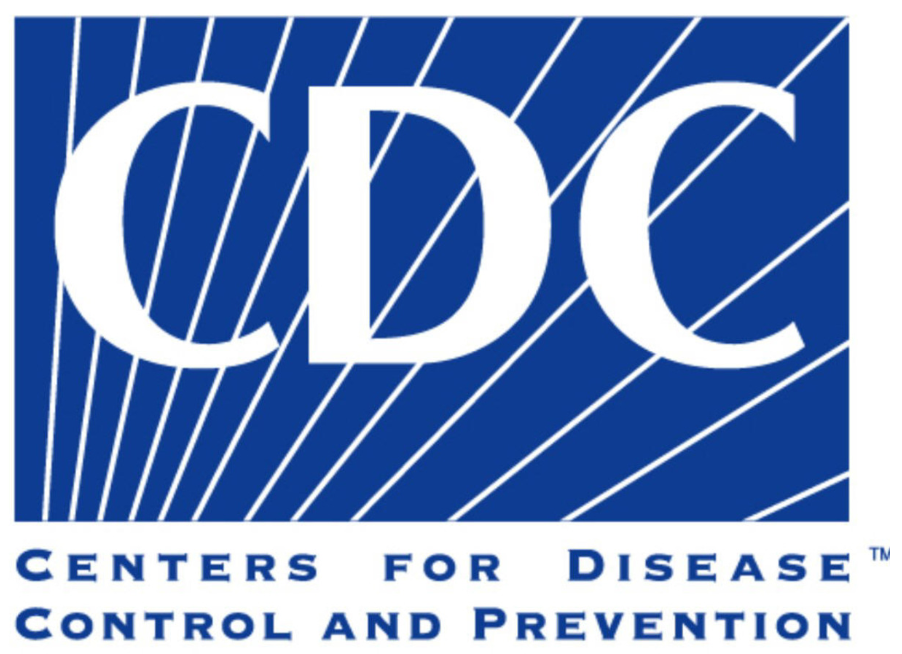

FAQ
FREQUENTLY ASKED QUESTIONS
5 MAY 2020
Q1. Can a Soldier request ETP to take more than 9 days of ordinary leave in conjunction with a PCS? What is the process?
A1. Yes, in limited situations a Soldier can request to take more than 9 days of leave in conjunction with a PCS through their chain of command to the appropriate PCS exception to policy (ETP) approval authority. The intent is still for Soldiers to PCS as directly as possible; leave for recreation or non-essential travel is not authorized. Soldiers shall still follow existing procedures to request an ETP for PCS travel, but they will also include justification for the additional time en route. The PCS ETP approval authority can approve the extra time en route on a case by case basis, based on the Soldier’s justification. Soldiers may also request ordinary leave outside of the local commuting area after they arrive at the new duty station, subject to established ETP request procedures and authorities.
Q2. I am currently schedule to PCS overseas. How can I get a passport?
A2. DoD Passport Acceptance Agents will accept official and diplomatic passport applications for travel within the next 90 days. Department of State will process all applications as routine due to processing limitations. Personnel travelling under an exception to policy to the stop movement must provide the approved and signed exception to policy along with the standard application documents (application, photos, and citizenship documents).
Q3. Can a Soldier take part in the Career Skills Program?
A3. Yes, commands should treat Career Skills Program as TDY for training. Soldiers can coordinate with their local command and request an exception to policy via DA Form 4187 for ACOM/ASCC approval as outlined in ALARACT 038/2020. Soldiers who are already enrolled in the program shall be allowed to return to home station without an exception to policy.
Q4. What is the current guidance on Army Urinalysis program?
A4. There is no change to Army urinalysis program at this time. Commanders are responsible for the safety of their personnel and may execute unit urinalysis program given that COVID-19 mitigation measures are taken.
Q5. Can I disapprove Civilian Leave requests?
A5. Given the complexities associated with civilian leave policies, supervisors should consult with their servicing CPAC if they have a scenario in which they contemplate disapproving a leave request.
Q6. Are supervisors allowed to cancel an employee’s leave/approved absence if it is known they will be traveling to countries (or locations) with reported cases of COVID-19, or throughout CONUS to locations with reported cases?
A6. Currently, supervisors cannot disapprove a civilian employee’s personal leave usage on this basis. Supervisors should remind employees that they may be subject to movement restrictions, if traveling to locations in which the CDC has issued a Travel Health Notice.
Q7. What is Army’s guidance for permitting supervisors to cancel previously approved leave/absences based on levels of force protection condition or HPCON operations?
A7. Whether or not a supervisor can disapprove leave depends upon a few factors, relative to the type of leave requested. Given the complexities associated with civilian leave policies, supervisors should consult with their servicing CPAC if they have a scenario in which they contemplate cancelling an approved absence
FAQ: DOD Travel Restrictions
What is being done to ensure our service members are safe in their travels and keep them healthy?
The actions outlined in Secretary Esper’s memo and the Force Health Protection Supplement #4 are done to protect our personnel and their families.The department will take several measures to enhance traveler safety, such as establishing pre- and post-travel screening and reception procedures and transitioning to military and DoD contracted aircraft for from or to CDC Level 3 or Level 2 designated areas. Additionally, DoD has instituted domestic official travel restrictions through May 11 (e.g. Permanent Change of Station and Temporary Duty) to safeguard our people. We encourage all DoD personnel and families to visit https://www.defense.gov/Explore/Spotlight/Coronavi...for tips on staying healthy.
Why did DoD institute travel restrictions on its people?
In order to help limit COVID-19’s spread and its impact on the force,the Secretary of Defense instituted travel restrictions for both international and domestic travel
Who does the domestic travel restriction apply to?
All DoD service members and civilians, and their family members will stop all official travel – such as Permanent Change of Station or Temporary Duty – through May 11. Exceptions may be given for compelling cases where the travel is: (1) determined to be mission essential; (2) necessary for humanitarian reasons; or (3) warranted due to extreme hardship.
When does the domestic travel restriction go into effect?
March 16, 2020
If somebody is already TDY or a family has departed for their CONUS PCS, what should they do?
Those who have already begun their travel may continue on to their final destination. Individuals whose TDY ends within stop movement period may return home. They should still be mindful of the health protection measures like social distancing and hand washing during their travels.
Does the domestic travel restriction affect those who must travel for medical treatment?
No. Travel for medical treatment is still allowed. You have to go to the Visitor Control center to get a visitor pass if you don't have your military ID - or you can ask someone to bring it to you.
Can military members still take leave?
Service members may only take leave in the local area. This is being done to limit the spread of and potential exposure to COVID-19. Exceptions maybe given for compelling cases where the travel is: (1) determined to be mission essential; (2) necessary for humanitarian reasons; or (3) warranted due to extreme hardship.
Do the Level 3 locations include the European countries mentioned by the president?
DoD follows the levels and countries designated by the CDC. As of March 11, the CDC updated the list of countries designated as Level 3. This includes the Schengen Area countries of the European Union. The complete list can be found here: www.cdc.gov/coronavirus/2019-ncov/travelers/index.html.
Does the Force Health Protection Guidance also go into effect March 13?
Yes,the policy is in effect as of March 13. We ask that all of our personnel proactively taking the actions to protect themselves and those around them by employing those protective measures including practicing good hand washing,social distancing, and taking appropriate actions if feeling sick now. These measures can dramatically decrease the risk of infection and slow the spread of COVID-19.
What will screening measures (as mentioned in the Force Health Protection Supplement #4) entail?
We are instituting risk assessments and if necessary, medical evaluations, for all personnel prior to departure on any military aircraft.Additionally, we are putting preventive monitoring measures in place for those who have recently traveled. Specifically, for those who recently traveled to, though, or from a CDC Travel Health Advisory Level 2 or Level 3 country, we are directing that they stay at home at 14 days, practice social distancing, and self-monitor for potential symptoms of COVID-19 including taking their temperature twice a day.For all other returning travelers, including those traveling within the United States, we are telling them to practice social distancing and be mindful in their daily self-observation for any signs or symptoms of COVID-19. For all, we are telling them that if they feel sick, they should immediately self-isolate,notify their leadership, and call the appropriate medical authorities for assistance.
Will DoD designate specific locations that service members returning CONUS must travel to in order to be placed under the 14-day restriction of movement?
There is no designated quarantine location for returning personnel. Each service member will stay at home or other appropriate domicile coordinated with the parent command for 14 days, practice social distancing and conduct self-monitoring. All required pre-travel screening will be adhered to in accordance with the Force Health Protection guidance supplement #4: https://media.defense.gov/2020/Mar/11/2002263241/-...
What about individuals who have had their household goods picked up but haven’t departed their location?
Each situation is different. Individuals will need to contact their shipping office to determine if their household goods are still in the local area and whether or not they may have access to them.
What about my POV? I have an upcoming appointment to drop my car off at the Vehicle Processing Center (VPC). What should I do?
If you are unsure if the stop movement order applies to you, contact your chain of command. If the stop movement order does not apply to your PCS—or your chain of command has approved an exception to the order—proceed to the VPC as planned.
I’ve already dropped my POV off, but my PCS has been delayed. Can I get my car back?
If you’re interested in retrieving your vehicle, contact the VPC immediately. VPCs are postured to assist customers with changing appointments,vehicle retrieval, and answering any other POV-related questions you have.
Now that CDC has declared a Global COVID-19 Outbreak Notice as Level 2, does that mean no families, domestically or internationally, can accompany on PCS moves?
At this time, the United States is not designated as level 2. Domestic designations may change as conditions change in the coming days. All overseas locations are either Level 2 or Level 3. Yes, all family members of military and essential civilian employees will have their international travel deferred for 60 days.
With this new policy, what is the impact to those service members who have already received orders, to say, Korea or Japan? Will they be held in place?
Depending on their location, effective March 13, all service members,civilians and families traveling to, from or through Level 3 locations (as designated by the Centers for Disease Control and Prevention) will stop movement for the next 60 days. As stated in the travel restriction guidance,exceptions may be granted for compelling cases where the travel is: (1) determined to be mission essential; (2) necessary for humanitarian reasons; or (3) warranted due to extreme hardship.
What do you mean when you talk about overseas “concurrent official travel” for families to Level 2 locations? Will families not be allowed to accompany?
Concurrent travel refers to having family members travel with their sponsor. No, families will not be able to accompany their sponsor to overseas locations; their travel will be deferred for 60 days.As stated in the travel restriction guidance, exceptions may be granted for compelling cases where the travel is: (1) determined to be mission essential;(2) necessary for humanitarian reasons; or (3) warranted due to extreme hardship.
Will the screening measures only be for those landing in Level 2 or 3 locations?
No,this policy applies to all personnel who travel or have recently traveled.However, the actions we expect our leaders and people to take are dependent upon their travel routes and locations. At this time, all countries other than the United States are either Level 2 or Level 3, which requires screening whether it was for travel to, from, or through.
Will a service member be allowed to PCS from Level 3 locations? Or will orders be cancelled?
All DoD uniformed personnel, civilian personnel and family members traveling to,from or through CDC Level 3 locations will stop movement for the next 60 days.As stated in the travel restriction guidance, exceptions may be granted for compelling cases where the travel is: (1) determined to be mission essential;(2) necessary for humanitarian reasons; or (3) warranted due to extreme hardship.
DoD planning to assist service members who have already terminated their leases in anticipation of a move within 30 days?
DoD will use all means available to assist service members who were impacted by COVID-19. Please contact your chain of command for assistance.
Will the military cover their temporary housing until they can travel? Can they put the charges on their government travel card?
.DoD will use all means available to assist service members who were impacted by COVID-19. Approved reimbursable travel expenses are authorized to be placed on the government travel card. Please contact your chain of command for assistance.
Is there a freeze on civilian hiring in the affected locations?
Yes, there is a freeze on hiring actions that involve PCS to Level 2 and Level 3 designated locations. For Level 3 locations, all hiring actions are subject to stop movement for the next 60 days. For Level 2 locations, hiring actions for essential civilian positions that require PCS may continue as planned. Similarly, DoD Components may continue local hiring. In the United States, only candidates within the local commuting area may on board because of DoD’s restriction on official domestic travel that lasts through May 11. As stated in the travel restriction guidance, exceptions may be granted for compelling cases where the travel is: (1) determined to be mission essential;(2) necessary for humanitarian reasons; or (3) warranted due to extreme hardship.
Does this travel memo affect contractors traveling to and from those locations?
We advise contractors to check with their companies.
What does government-funded leave actually mean?
Government-funded leave is leave by a military member or DoD civilian employee whose leave involves Government-funded travel. One example is renewal agreement travel by civilian employees.
Can service members currently on leave in CONUS return overseas to a CDC Level 3 or Level 2 country they are stationed in?
For Level 3: no, unless granted an exception. For Level 2, yes.
Can service members ETS and retire within the directive window?
Yes and they are exempt from the travel restrictions.
Will reserve service members who are deployed to a CDC Level 3 or Level 2 location be permitted to redeploy CONUS upon completion of orders?
For Level 3: no, unless granted an exception. For Level 2, yes.
How does this apply to Level 2 areas where service members are on military leave?
For those who recently traveled to, through, or from a CDC Travel Health Advisory Level 2 or Level 3 country, we are directing that they stay at home at 14 days, practice social distancing, and self-monitor for potential symptoms of COVID-19 including taking their temperature twice a day.
How does this affect your relationship with host nations?
We are working with partner nations in impacted regions to ensure the health and safety of our members as operations continue.
Who is the waiver authority for travel exceptions?
Approval authority for these exceptions belongs to the combatant commander for those assigned to combatant commands. The Chairman may approve exceptions for the Joint Staff. The Secretary of the Military Department concerned and the Chief Management Officer, in the case of Defense Field Activities and Field Agencies, retain the authority for all other individuals.They may delegate the authority to no lower than the first general officer,flag officer, or member of the Senior Executive Service in the traveler’s chain of command or supervision.
Families First Coronavirus Response Act (FFCRA)
Department of the Army
Families First Coronavirus Response Act (FFCRA)
Fact Sheet
The Families First Coronavirus Response Act (FFCRA) authorizes employees to be paid sick leave or expanded family and medical leave for specified reasons related to COVID-19. These provisions apply from April 1, 2020 through December 31, 2020.
